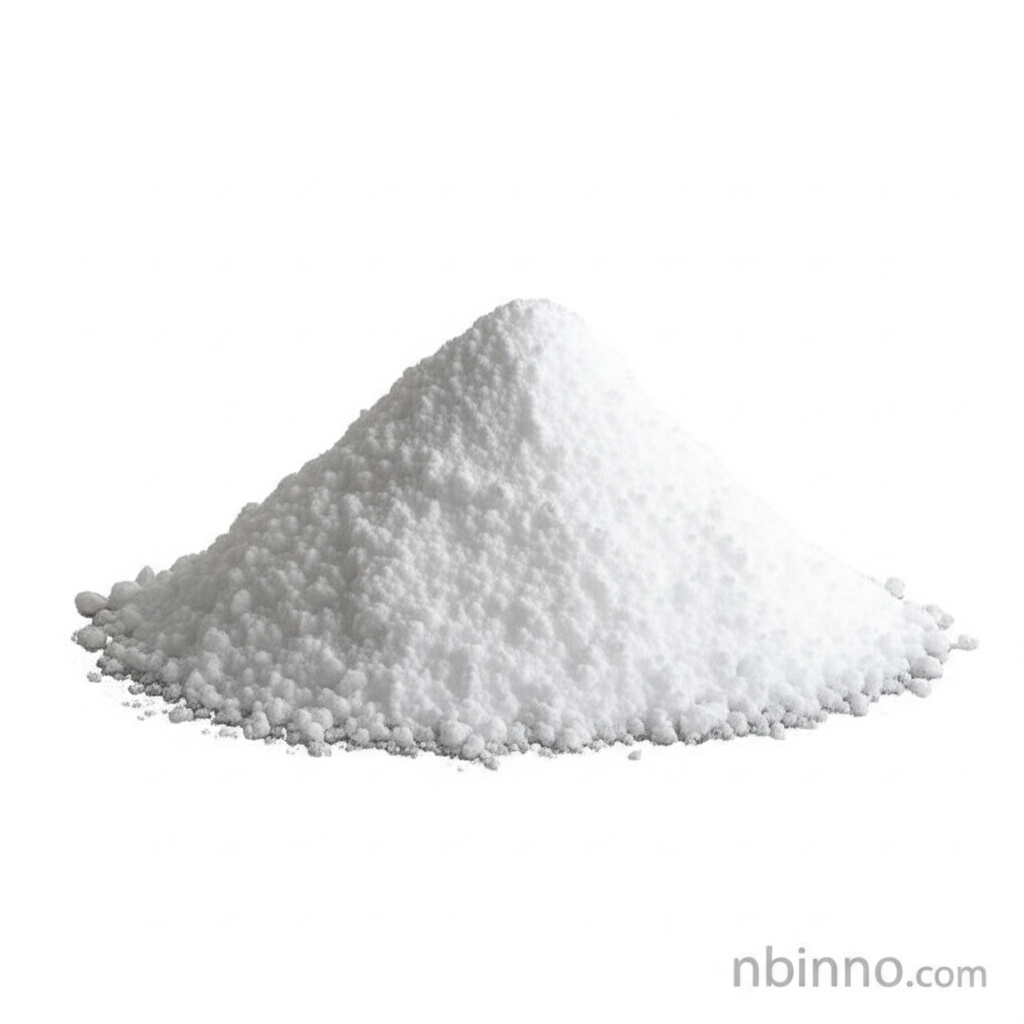Ivabradine Hydrochloride: A Comprehensive Pharmaceutical Guide
Explore the therapeutic potential and clinical applications of this selective If current inhibitor.
Get a Quote & SampleProduct Core Value

Ivabradine Hydrochloride
Ivabradine Hydrochloride is a specialized pharmaceutical ingredient designed to selectively inhibit the cardiac pacemaker If current. This unique mechanism of action allows for a pure heart rate-lowering effect, impacting the sinoatrial node to regulate heart rate without negatively affecting myocardial contractility. This makes it a valuable agent in managing specific cardiovascular conditions.
- Explore the ivabradine hydrochloride mechanism of action to understand its targeted approach to heart rate management.
- Discover the critical ivabradine hydrochloride contraindications to ensure safe and effective patient selection.
- Learn about the potential ivabradine hydrochloride adverse effects and how to monitor patients effectively.
- Understand the nuances of ivabradine hydrochloride pharmacokinetics for optimized dosing and therapeutic outcomes.
Key Advantages
Targeted Heart Rate Reduction
Leveraging its role as an If inhibitor, Ivabradine Hydrochloride provides a targeted reduction in heart rate, crucial for managing conditions like stable angina and certain types of heart failure.
Cardiovascular Health Support
The specific mechanism of action contributes to supporting cardiovascular health by reducing myocardial oxygen consumption, essential in the treatment of angina and improving quality of life for heart failure patients.
Alternative Therapeutic Option
For patients who cannot tolerate beta-blockers or have contraindications, Ivabradine Hydrochloride offers a viable alternative or complementary therapy in heart failure management.
Key Applications
Symptomatic Treatment of Chronic Stable Angina
Ivabradine Hydrochloride is indicated for the symptomatic treatment of chronic stable angina pectoris in adults with normal sinus rhythm and heart rate ≥ 70 bpm, especially when beta-blockers are not tolerated or are contraindicated.
Management of Chronic Heart Failure
It is also indicated for the treatment of symptomatic chronic heart failure (NYHA Class II-IV) with systolic dysfunction in patients in sinus rhythm and with heart rate ≥ 75 bpm, in combination with standard therapy.
Cardiovascular Health Support
By selectively targeting the heart's pacemaker current, it aids in overall cardiovascular health, contributing to better patient outcomes in relevant cardiac conditions.
Research and Development in Cardiology
As a specialized pharmaceutical active ingredient, it serves as a critical component in ongoing research and development within the field of cardiology and cardiovascular drug discovery.
